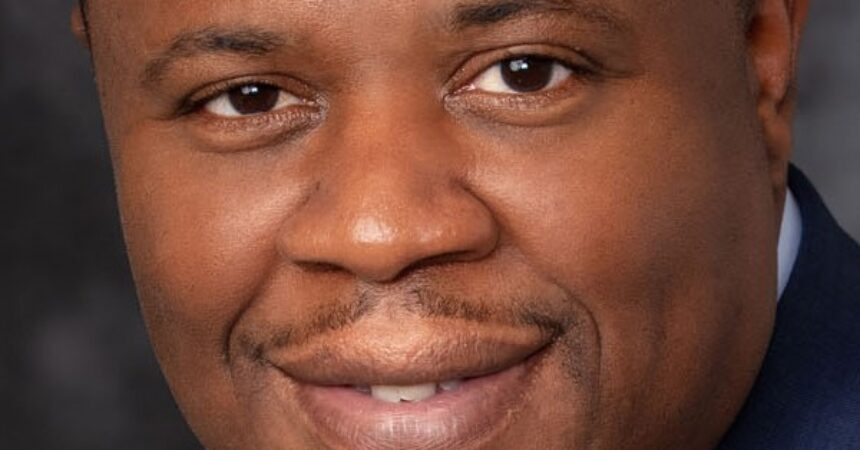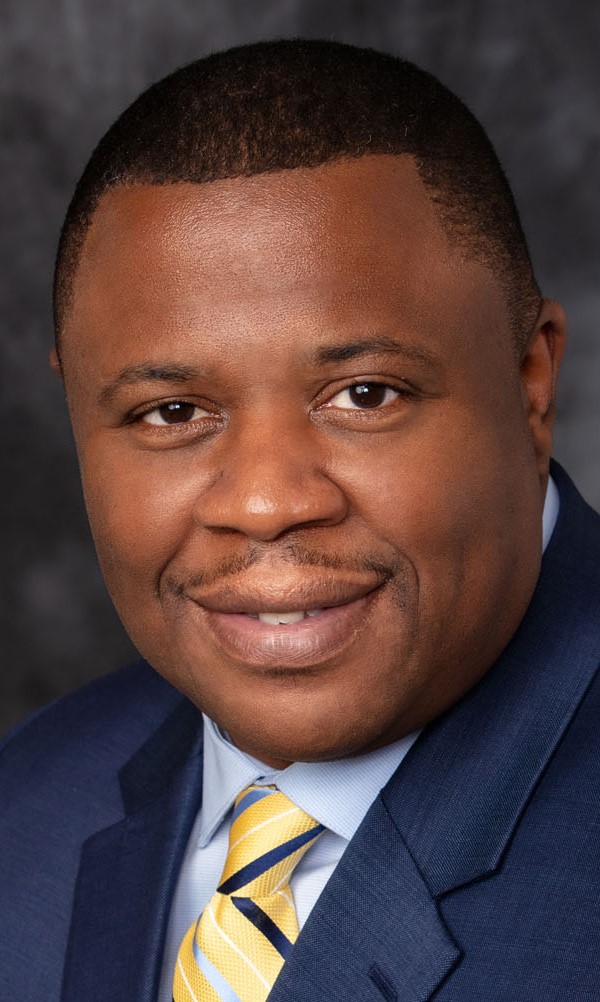
Against the Grain II
Commissioners who supported Bragg Stadium renovations deserve an ovation

Saturday night was the first time it all came together.
The FAMU Rattlers faced the Albany State Golden Rams in the first home game of the 2022 season, signifying the completion of phase two of the renovation of Bragg Memorial Stadium. What a sight it was. Not only did the Rattlers take a 23-13 victory, Tallahassee and Leon County scored a major economic development victory as well. Bragg Stadium was an absolute work of art.
To be specific, the state of Florida who supports schools in the State University System deemed decades ago that no state funding could be used for athletics. What this meant is that state schools would have to generate all revenues to support athletic facilities and operations. For larger mainstream schools like Florida State and the University of Florida they would have to tap into booster programs to support athletics if they desired to have programs. On the larger scale, UF and FSU have exponentially more resources and disposable income in their alumni base than a smaller minority school like FAMU.
The disparity in programs grew wider from the 1980s to present. The larger schools went into a virtual arms race, while smaller schools had to be creative in finding ways to prosper. Not to be embarrassed by trying to categorize these schools together, the NCAA deemed smaller schools like FAMU as “Lower Resource Institutions.” While it sounds like a slight, the NCAA gave certain accommodations to these financially challenged schools in order to assist with leveling the playing field.
In 2019, engineers had declared that without major structural repair, Bragg Stadium would be condemned. It put FAMU in a crunch. Initial estimations to bring the stadium up to code ranged in the $8-$14 million. Without the necessary repairs, FAMU would have to play all games on the road until a solution could be derived…and exactly what would that mean?
It would mean thousands of room nights lost in Tallahassee/Leon County hotels. It would mean millions in revenue lost to restaurants, gas stations, apparel stores, hair salons, mall revenues, and the list goes on and on. Additionally, some of the smaller businesses on the Southside of town thrive when there are tens of thousands of visitors on their footprint. No less than $26 million in revenues, taxes and fees would be lost to Tallahassee.
Tallahassee Commissioner Dianne Williams-Cox was the initial architect of exploring if there was a way that the Blueprint Intergovernmental Agency (Blueprint) had the resources available and ability to assist FAMU. Prior to this time, FAMU had not asked Blueprint for any direct resources. Initially contacting FAMU former VP and Director of Athletics Kortne Gosha, Williams-Cox asked the right questions and a possible solution was put in motion.
There was $30 million collected from a 2014 referendum which passed by a virtual super majority of Leon County residents for Florida State to build a convention center. Florida State had paused from building the facility because of several factors, so the money was sitting. Williams-Cox arranged for FAMU and FSU to meet to discuss if FSU would be willing to allocate $10 million of those resources to FAMU for their immediate need. FSU obliged…and this is when progress was made.
Commissioner Nick Maddox immediately aligned with support of the allocation and passionately lobbied for its passing. He would bring the actual motion to the agency when it was considered. The shift in budget allocation passed by majority vote of Blueprint. When the vote came, it was a spirited discussion with only Bryan Desloge, Jimbo Jackson and Kristin Dozier opposing to allocate the monies to FAMU.
To us FAMUans, opposition was a slap in the face. FAMU has never really asked for anything from Blueprint, although it is a source of revenue generation for the city and county. The FAMU social media community blasted those who opposed the measure and even began a campaign to oust Desloge who came up for re-election shortly after the vote. There is no way to determine if in fact the campaign worked, but Desloge was not re-elected.
Saturday was a sight to behold. Those who supported the measure were mayor John Dailey, commissioners Dianne Willams-Cox, Curtis Richardson, Elaine Bryant, Jeremy Matlow, Rick Minor, Nick Maddox, Bill Proctor and Carolyn Cummings.
While the restaurants and hotels are the more visible economic benefactors of FAMU playing in Bragg Stadium, there are exponentially more vendors who benefit from FAMU football being played in Bragg Stadium. Hundreds of small vendors land on the footprint on game weekends. This second job for many of these folks help sustain their families. For this reason, we must further celebrate and applaud those commissioners who made the right call in supporting the funding of Bragg Memorial Stadium renovation through Blueprint funding.







